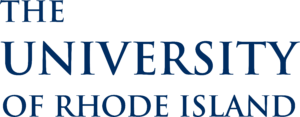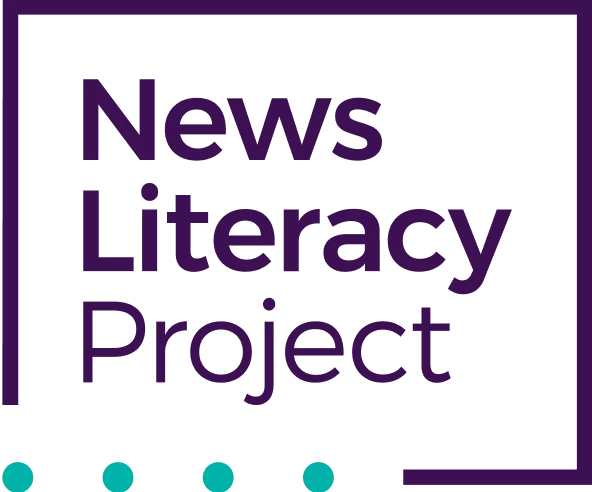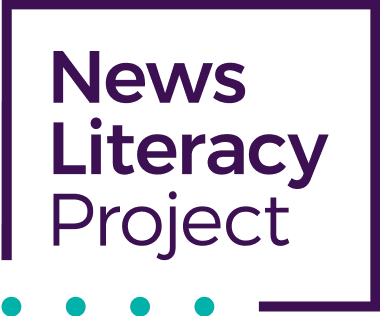
- This event has passed.
COVID-19 in Context: News Coverage and News Literacy in Uncertain Times
April 23, 2020 @ 1:00 pm – 2:00 pm
Join the News Literacy Project and the University of Rhode Island’s Metcalf Institute for a four-part webinar series, COVID-19 in Context: News Coverage, News Literacy & Scientific Uncertainty. The series will explore one of the most urgent science communication challenges of our lives through the insights of journalists, news literacy education experts and scientists.
Beginning April 23, we will discuss the experiences of journalists who are covering this evolving pandemic and the challenges of cutting through misinformation — while providing you with the tips and tools to do so, too. We’ll close the series with a discussion about the specific communication challenges posed by all the uncertainties around COVID-19 and how to look for reliable sources to help clarify the unknowns.
You can participate in one or more of the webinars and submit your questions to panelists in the latter part of each session.
The webinars are free; registration is required. We hope you will join us.
Webinar 1: News Coverage in a Pandemic
April 23, 1 p.m. EDT
COVID-19 represents an unusual challenge for the press. Journalists from small and large outlets and beat and general assignment reporters, they all must cover a rapidly changing story that integrates science, public health, economics, policy, and politics. As newsrooms struggle with understaffing and a lack of experienced science reporters, how are they managing this challenge? In this webinar, speakers will share an overview of COVID-19 news coverage and describe their experiences reporting on this crisis.
Speakers:
- Amy Mitchell, director, journalism research, Pew Research Center
- Apoorva Mandavilli, freelance science journalist contributing to the New York Times
- Jill Jackson, news director, KUOW radio
- Erica Hensley, Investigative Reporter, Mississippi Today
Webinar 2: 10 Critical News Literacy Skills
April 28, 1 p.m. EDT
Being able to tell fact from fiction is critical right now. The coronavirus pandemic has necessitated rapid dissemination of information from many sources, including government officials, the news media and social media. How can you be sure you are getting accurate information? This webinar will identify 10 critical news literacy skills to help you be a smart, active consumer of news and other information.
Speaker: John Silva, director of education, News Literacy Project
Webinar 3: Digital Forensics — How to Fact Check Like a Pro
Digital forensics presentation
April 30, 1 p.m. EDT
Building on the 10 critical news literacy skills of the previous webinar, this presentation will introduce participants to some of the tactics that purveyors of misinformation commonly employ, then demonstrate how to use a variety of free online tools to debunk false content like a pro. Participants will learn how to use critical observation skills, reverse image search engines, lateral reading strategies, web archivers and basic geolocation tools to determine the authenticity, original context and source of viral content.
Speaker: Peter Adams, senior vice president of education, News Literacy Project
Webinar 4: Countering Misinformation in a Crisis: Making Sense of Science during COVID-19
Suzannah Gonzales’ presentation
May 5, 1 p.m. EDT
Because COVID-19 is so new, scientists and medical professionals are still working to answer many basic questions about its spread and treatment. Even as the research advances every day, the scientific uncertainties and unclear communication make it easy to spread misinformation. Information about COVID-19 is spreading so quickly that some have described this as an “infodemic.” Webinar speakers will discuss how to understand these uncertainties and actively counter misinformation.
Speakers:
- Suzannah Gonzales, associate director of education, News Literacy Project
- Brandon Ogbunu, assistant professor, Brown University
- Leysia Palen, professor of computer science and professor and founding chair of the Department of Information Science, University of Colorado
![]()

About the Metcalf Institute
The University of Rhode Island’s Metcalf Institute provides education, training and resources for journalists, researchers, and other science communicators to engage diverse audiences in conversations about science and the environment. Metcalf Institute was established at the University of Rhode Island in 1997 with funding from three media foundations: the Belo Corporation, the Providence Journal Charitable Foundation and the Philip L. Graham Fund, with additional support from the Telaka Foundation.


